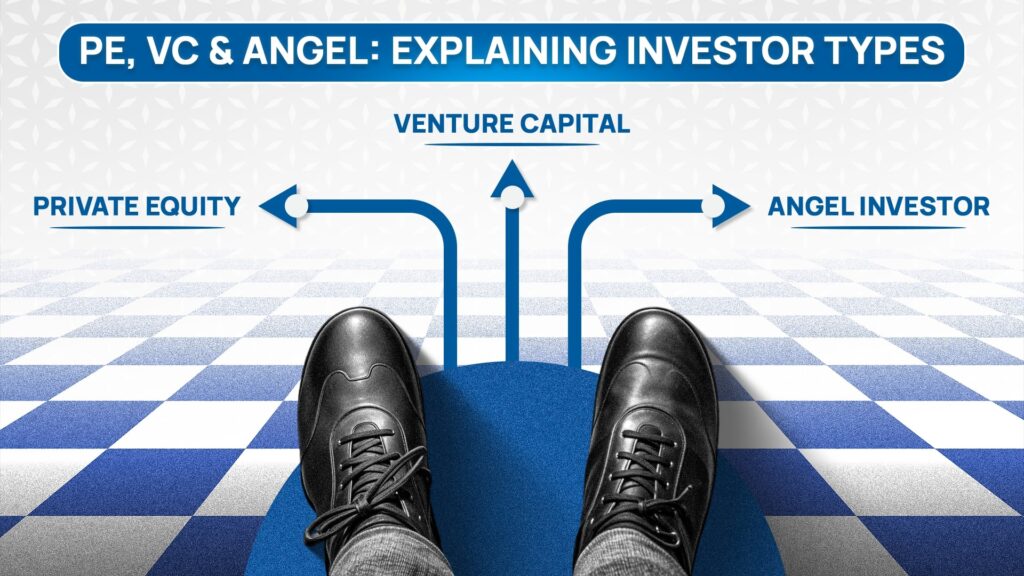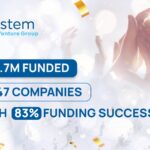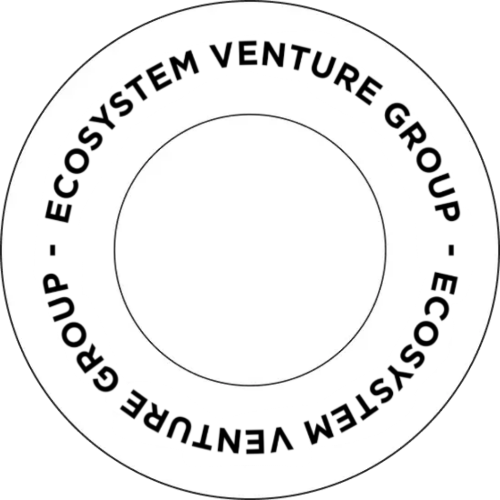Capital fuels growth – but not all capital works the same way.
In the world of private market investing, terms like private equity, venture capital, and angel investing get tossed around a lot. However, beneath the buzzwords lie three distinct investment philosophies—each with different goals, timelines, and approaches to working with companies.
If you’re an entrepreneur charting your next funding round or an investor seeking to align capital with purpose, understanding these differences is more than a financial literacy checkbox—it’s a strategic advantage.
Let’s break down what sets each apart—and where Ecosystem Venture Group fits in a landscape that’s ripe for reimagination.
Private Equity: Optimizing What Already Works
Who they invest in: Established companies with steady revenues and solid fundamentals.
Typical check size: $10 million–$100 million+
Stage of investment: Late-stage, mature businesses.
Private equity (PE) firms operate with precision. They invest in proven businesses, often buying a controlling stake and focusing on improving efficiency, streamlining operations, and scaling through strategic expansion or acquisitions.
This model isn’t about betting on potential. It’s about unlocking value that’s already there. PE plays are lower-risk, data-driven, and focused on long-term returns, typically realized through resale or IPOs.
According to EY, global private equity deal volume rose by 45% year-over-year, with the value of significant exits increasing nearly 60% in Q1 2025 compared to the same quarter in the previous year. As of mid-2025, private equity firms collectively hold over $4 trillion in portfolio assets, with 40% held for more than four years, indicating a substantial backlog of potential exits.
Venture Capital: Accelerating High-Growth Potential
Who they invest in: High-growth companies with disruptive ambitions.
Typical check size: $500K–$20 million
Stage of investment: Early to growth stage (Seed to Series C+)
Venture capital (VC) is built for velocity. VCs back businesses that may not be profitable yet, but have the potential to redefine markets. They inject capital early, often through multiple rounds, and take an active role in helping companies scale their operations, hire leadership, and raise follow-on rounds.
The upside? Massive returns if the company hits. The downside? Higher risk.
VCs rarely seek control, but they do seek influence. Their involvement can shape strategy, build connections, and fast-track growth.
KPMG reports that venture capital investment reached $126.3 billion across 7,551 deals globally in Q1 2025, driven by a surge in mega-deals and late-stage investments. The US retained its position as the top destination for VC funding, bolstered by several high-profile raises, including OpenAI’s $40 billion raise, Anthropic’s $4.5 billion raise (two closings), and Infinite Reality’s $3 billion raise in the augmented reality space.
Angel Investing: Backing Vision Before Metrics
Who they invest in: Young businesses, often pre-revenue or in early traction stages.
Typical check size: $10K–$250K
Stage of investment: Pre-seed to early Seed
Angel investors are typically individuals who provide the first critical capital to help entrepreneurs get their business off the ground. Angels invest in people, ideas, and early momentum.
They offer more than money: insights, connections, industry know-how. Their involvement often lays the foundation for future investment rounds. While risk is high, so is the satisfaction of being part of a business journey from day one.
According to CoinLaw, the global angel investment market reached $25 billion in 2023, with over 370,000 active angel investors worldwide. Angel-backed startups accounted for 40% of all venture-backed companies and reported an average 2.5x return within five years.
Where Ecosystem Venture Group Fits: A Hybrid That Works Harder
At Ecosystem Venture Group (EcoVG), we’ve reimagined how early-stage capital should operate.
We combine the hands-on involvement of private equity, the scale-up mindset of venture capital, and the human-first approach of angel investing. But we do it with one key differentiator: our ecosystem.
We don’t just write checks, we stay close to the business. We collaborate, problem-solve, and connect entrepreneurs with the right people, partners, and resources across our network. Our diligence process borrows from the private equity playbook, ensuring we back businesses that have real engines, not just potential hype.
Entrepreneurs we work with are our partners in a long-term, values-driven relationship. And for our investors? It means having a stake in businesses that aren’t just chasing valuations, but building sustainable value.
Final Thoughts: It’s Not Either-Or
For entrepreneurs, the choice between angel, VC, or PE is about choosing partners who can match your stage, ambition, and culture. For investors, it’s about aligning your capital with your risk appetite, time horizon, and impact goals.
At Ecosystem Venture Group, we’re proud to operate at the intersection, bringing a collaborative, engaged, and thoughtful approach to early-stage investing.
Because the best investments don’t just fund the future, they help build it.




